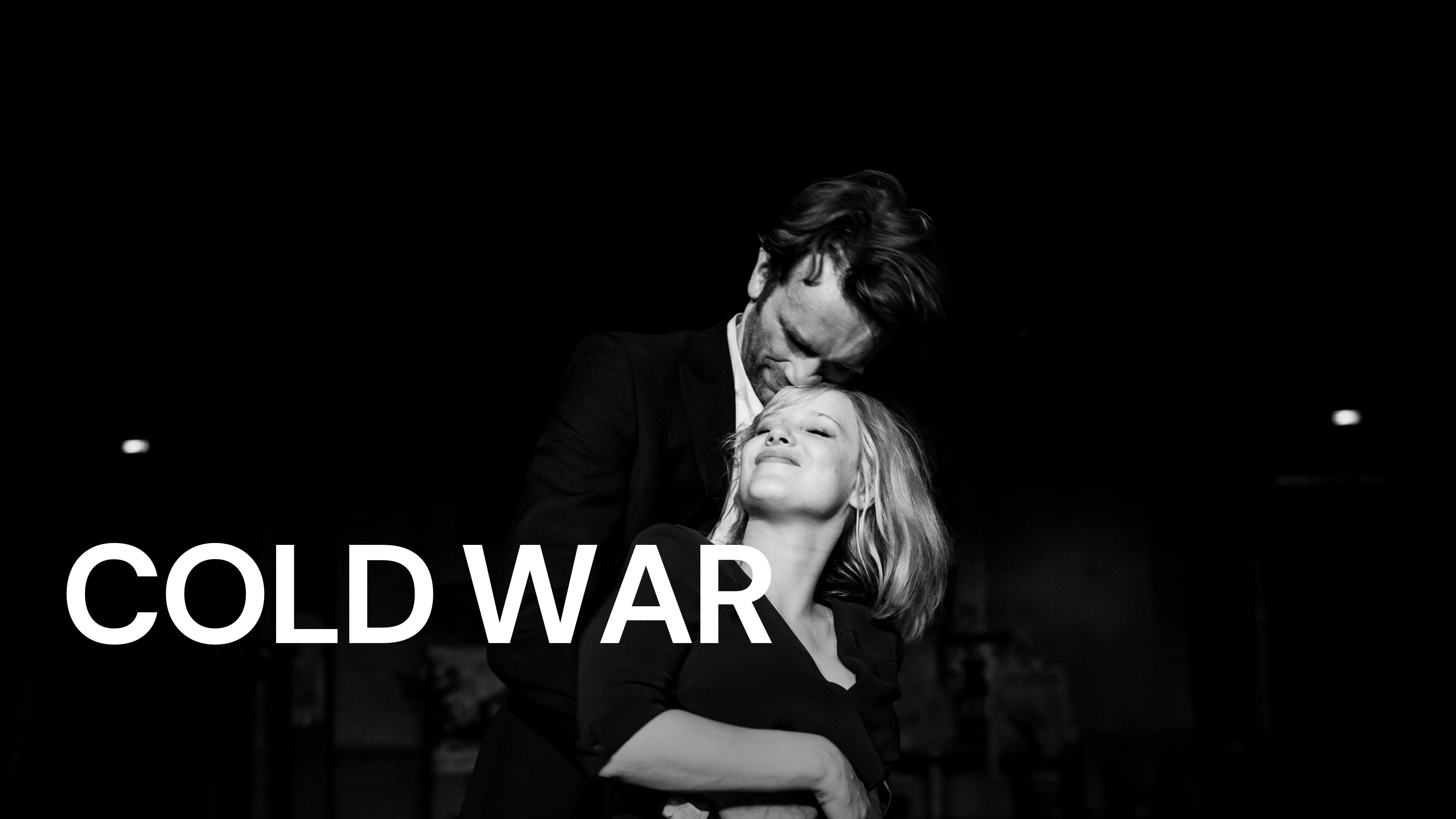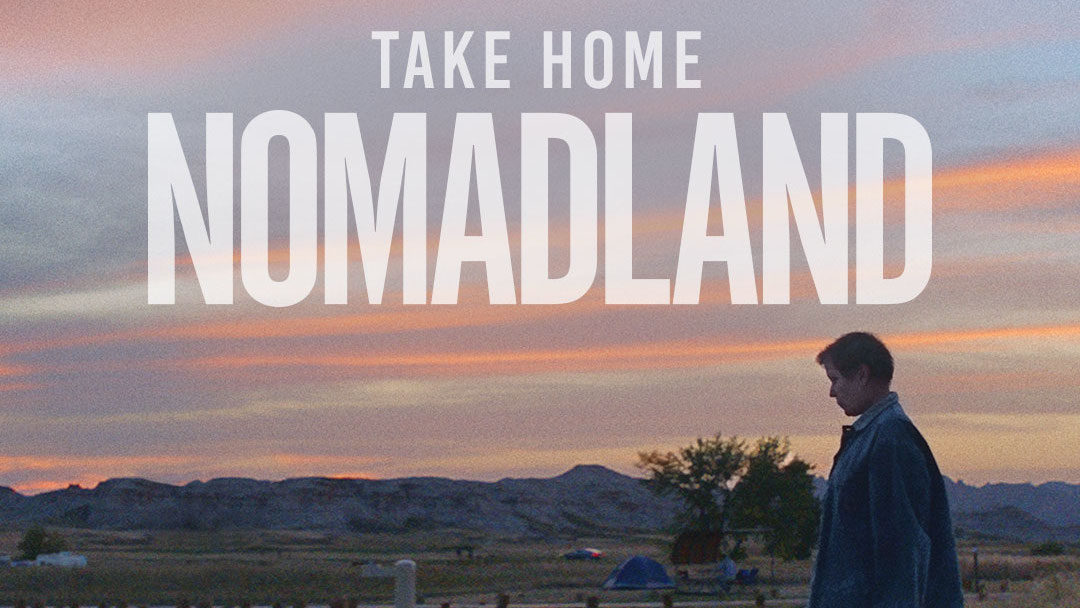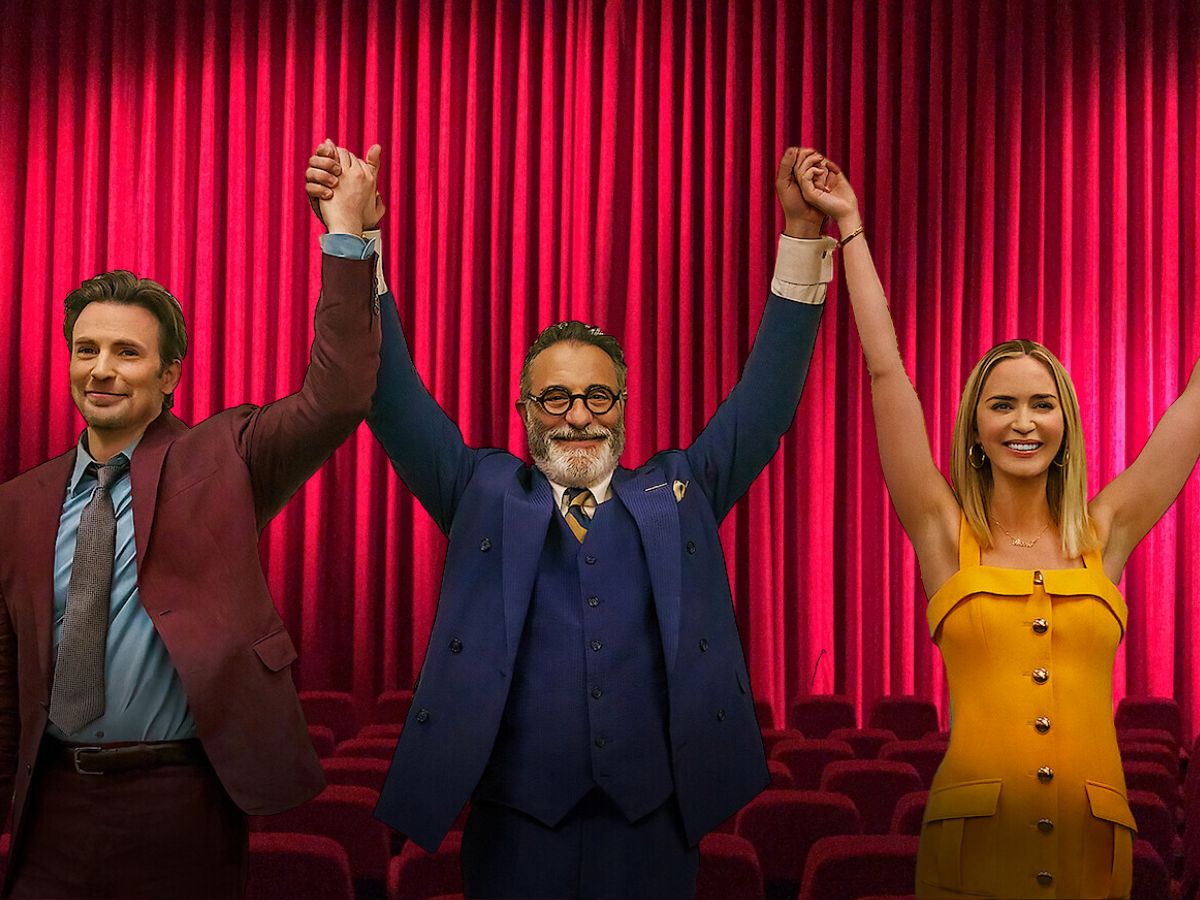Introduction:
“Cold War,” directed by Paweł Pawlikowski, is a mesmerizing Polish film that unfolds against the backdrop of post-war Europe, offering a poignant exploration of love, politics, and the human spirit. Released in 2018, the film traces the tumultuous relationship between two musicians, set against the ever-changing landscapes of Poland, France, and Yugoslavia. In this extensive exploration, we unravel the film’s narrative intricacies, its visual and auditory brilliance, the cultural context, and the emotional resonance that “Cold War” has left on audiences worldwide.

Chapter 1: A Love Story Against Historical Backdrop
1.1 Zula and Wiktor
At the heart of “Cold War” is the tumultuous love affair between Zula (Joanna Kulig) and Wiktor (Tomasz Kot), two musicians whose lives become entwined amidst the political upheavals of post-war Poland. The film spans over two decades, capturing the ebb and flow of their relationship against the backdrop of the Cold War and the complex socio-political landscape of Eastern Europe.
1.2 Musical Odyssey
“Cold War” employs music not only as a thematic element but as a narrative and emotional driver. The film’s protagonists, both musicians, navigate their personal and professional lives through a repertoire of folk, jazz, and classical music. The musical odyssey becomes a metaphor for the characters’ journey, offering a rich tapestry of emotions and cultural expressions.

Chapter 2: Pawlikowski’s Directorial Vision
2.1 Visual Aesthetics
Paweł Pawlikowski’s directorial vision in “Cold War” is marked by stunning visual aesthetics. Shot in black and white by cinematographer Łukasz Żal, the film’s visuals evoke a sense of timeless beauty. The use of monochrome serves as a canvas that intensifies the emotional nuances of the characters and underscores the historical weight of the narrative.
2.2 Intimacy and Restraint
The director employs an intimate yet restrained approach, allowing the audience to become voyeurs into the characters’ lives. Pawlikowski’s penchant for long takes and minimalistic dialogue intensifies the emotional impact, inviting viewers to immerse themselves in the subtleties of the characters’ experiences. The film’s visual language becomes a testament to the power of cinematic storytelling.
Chapter 3: Political Turmoil and Personal Struggles
3.1 Cold War Realities
“Cold War” skillfully weaves personal narratives into the fabric of historical realities. The film navigates the complexities of the Cold War era, addressing political ideologies, state control over the arts, and the impact of these macro-level forces on individual lives. The characters’ struggles against political constraints become a central theme, reflecting the pervasive influence of the geopolitical climate.
3.2 Defiance and Sacrifice
Zula and Wiktor’s love story unfolds in the face of political adversity. Their relationship becomes a vehicle for defiance and sacrifice, illustrating the lengths individuals go to preserve their autonomy and connection in a world defined by ideological divides. The film explores the personal cost of resistance and the enduring power of love in the midst of political turmoil.
Chapter 4: Cultural and Artistic Expressions
4.1 Folklore and Identity
The film embraces folklore as a cultural touchstone, drawing on traditional Polish music and dance. The incorporation of folk elements becomes a lens through which the characters negotiate their identity in the face of external pressures. “Cold War” becomes a celebration of cultural richness and a commentary on the resilience of national identity.
4.2 Jazz and Freedom
In contrast to the folk traditions, the film also explores the liberating spirit of jazz. Wiktor’s journey into the world of jazz symbolizes a quest for artistic freedom and individual expression. The juxtaposition of folklore and jazz serves as a metaphor for the characters’ dual desires—to preserve cultural roots and to break free from societal constraints.
Chapter 5: Performances and Character Dynamics
5.1 Joanna Kulig’s Breakthrough
Joanna Kulig’s portrayal of Zula stands out as a breakthrough performance. Her nuanced depiction captures the complexity of a woman torn between love, ambition, and the societal expectations of her time. Kulig’s on-screen presence adds depth to Zula, making her a multifaceted and compelling protagonist.
5.2 Tomasz Kot’s Wiktor
Tomasz Kot’s portrayal of Wiktor complements Kulig’s performance. Kot infuses Wiktor with a brooding intensity, conveying the internal struggles of a man navigating love, loss, and the political realities of the Cold War. The chemistry between Kulig and Kot becomes the emotional core of the film, driving the narrative forward.
Chapter 6: Critical Acclaim and Awards
6.1 Cannes Film Festival Recognition
“Cold War” premiered at the Cannes Film Festival in 2018, where it received the Best Director award for Paweł Pawlikowski. The film’s recognition at Cannes marked its entry into the global cinematic stage, setting the stage for its widespread acclaim.
6.2 Academy Awards Nomination
The film received three Academy Award nominations at the 91st Academy Awards—Best Foreign Language Film, Best Director, and Best Cinematography. While it did not win in these categories, the nominations underscored the film’s impact and cemented its status as a cinematic achievement.
Conclusion: A Poetic Melody of Love and Despair
In conclusion, “Cold War” stands as a poetic melody of love and despair, inviting audiences into a world where personal and political landscapes intertwine. Paweł Pawlikowski’s directorial finesse, coupled with outstanding performances and a rich cultural tapestry, creates a film that resonates on both an intellectual and emotional level. “Cold War” is not just a historical drama; it is a timeless exploration of the human condition, set against the canvas of post-war Europe and the enduring complexities of love.
Film Evaluation: “Cold War” is a cinematic gem that transcends its historical setting, offering a timeless narrative that speaks to the universality of human emotions. Paweł Pawlikowski’s directorial brilliance, combined with stellar performances, crafts a film that lingers in the minds of viewers. “Cold War” is a testament to the enduring power of cinema to capture the intricacies of the human experience, leaving an indelible mark on the landscape of international filmmaking. In the symphony of cinematic achievements, “Cold War” stands as a resonant note, echoing the complexities of love and the indomitable spirit of the human soul.


